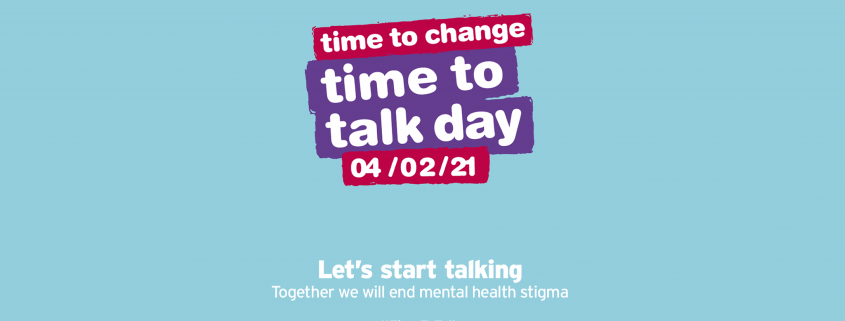Time to Talk
Over the first five weeks of this year, I have delivered numerous workshops to a range of organisations. From medical teams working on the front line to those working at home, people are finding things tough. The conversations are imbued with frustration, anger, fear, and fatigue. Tears are not uncommon, and I have had to adapt a delivery style that provides people with the time and space to connect with their colleagues and talk. The conversations are not necessarily about the ‘key human performance indicators’ such as sleep, having a sense of purpose, or understanding how to stay focused – they have become personal and have emphasised the importance of creating the time for connectivity.
One of the teams I have been working with is staff from the Emergency Department at Alder Hey Children’s Hospital in Liverpool. Is this group under the pump? Yes. Are they ahead of the curve? Most definitely. Over the past year, consultant paediatrician Lalith Wijedoru has been championing Team Time, a programme developed by the Point of Care Foundation that encourages staff to talk about their feelings through stories. For many the experience is cathartic. For all it provides an opportunity for individuals to engage with themselves and the department to create a sense of cohesion. The sessions have become a regular fixture and are a great example of how talking and storytelling can be a catalyst for wellbeing and unity. As Dr Wijedoru says ‘…the initiative has allowed staff to reveal long-standing emotional wounds that have been long-hidden by toxic feelings of shame. Team Time as a safe, online, reflective space has allowed healthcare staff to remove their ‘clinical armour’, to share what those wounds have done to them, and to then heal through the compassion and acknowledgment they receive from their colleagues’.
This year, more than any other I can remember, Time to Talk Day really should be noted and the message, along with the words of Dr Wijedoru, should be built and built and built upon.
Time to Talk Day is taking place on 4th February 2021. It is organised by Time to Change – a growing social movement working to change the way we all think and act about mental health problems.



